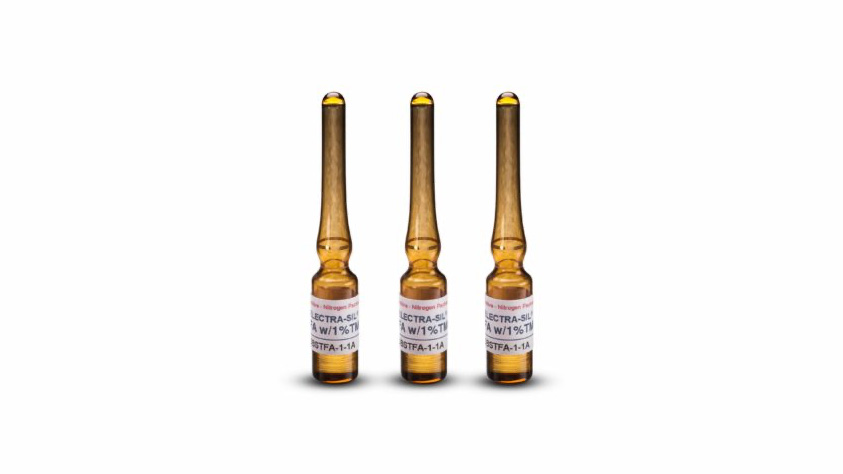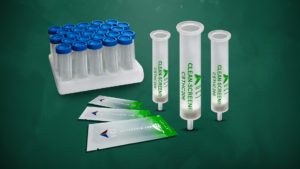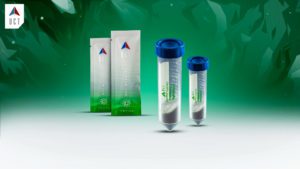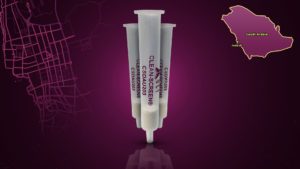Trimethylchlorosilane: A Key Reagent in Organic and Industrial Chemistry
Trimethylchlorosilane is a widely used organosilicon compound that plays a vital role in organic synthesis, materials science, and surface treatment technologies. Known for its reactivity and versatility, it is a go-to reagent in both research labs and industrial-scale manufacturing.
At United Chem, we provide high-purity trimethylchlorosilane formulated to meet stringent industry specifications. In this blog post, we’ll explore what trimethylchlorosilane is, its most common applications, and essential safety information for handling and storage.
What Is Trimethylchlorosilane?
Trimethylchlorosilane (chemical formula: (CH₃)₃SiCl) is a volatile, colorless liquid commonly used as a silylating agent in organic chemistry. It belongs to the chlorosilane family and is composed of a silicon atom bonded to three methyl groups and one chlorine atom.
This compound is prized for its ability to modify surfaces and protect functional groups in synthetic reactions, particularly in moisture-sensitive applications.
Key Properties
- Molecular Weight: 108.64 g/mol
- Boiling Point: ~57°C
- Solubility: Reacts with water, releasing HCl gas
- Reactivity: Highly reactive with nucleophiles and water
- Storage: Should be stored in airtight containers under dry, inert conditions
Due to its high reactivity, trimethylchlorosilane must be handled with caution, especially in environments where moisture or open air can initiate unwanted reactions.
Common Applications of Trimethylchlorosilane
1. Silylation in Organic Synthesis
In labs, trimethylchlorosilane is frequently used to convert hydroxyl groups (–OH) into trimethylsilyl ethers (–OTMS). This protects the functional group during subsequent chemical reactions.
2. Surface Treatment of Glass and Silica
It is used to render surfaces hydrophobic by replacing surface –OH groups with –Si(CH₃)₃ groups. This is valuable in microfabrication, chromatography, and coatings.
3. Production of Silicone Polymers
As a building block in silicone chemistry, trimethylchlorosilane helps cap chain ends and control polymer characteristics.
4. Pharmaceutical and Biotech Processes
It is also used to derivatize samples before gas chromatography, making analytes more volatile and detectable.
Safe Handling and Storage Tips
Due to its sensitivity to moisture and its tendency to release corrosive hydrogen chloride gas upon hydrolysis, trimethylchlorosilane should always be:
- Stored in airtight containers away from water sources
- Handled in fume hoods with appropriate PPE (gloves, goggles, lab coat)
- Kept away from oxidizers and acids
- Disposed of according to local hazardous waste guidelines
United Chem provides Safety Data Sheets (SDS) and technical support with every order to ensure your team can handle the product responsibly.
Why Choose United Chem’s Trimethylchlorosilane?
Our trimethylchlorosilane is manufactured and packaged to preserve purity and stability. We serve a wide range of industries—from research and academia to pharmaceuticals and materials science—with dependable supply and rapid shipping.
Features of United Chem’s product include:
- High purity grades for lab and industrial use
- Secure, moisture-resistant packaging
- Fast delivery and responsive customer support
- Full documentation, including CoA and SDS
Learn more about our trimethylchlorosilane offering here.
Final Thoughts
Whether you’re modifying a silica surface, protecting a hydroxyl group, or manufacturing advanced silicone materials, trimethylchlorosilane is a foundational reagent. Partnering with a trusted supplier like United Chem ensures you get a consistent, high-quality product that supports both safety and performance.
Have questions about how to integrate trimethylchlorosilane into your workflow? Contact our team today for expert support and recommendations.







